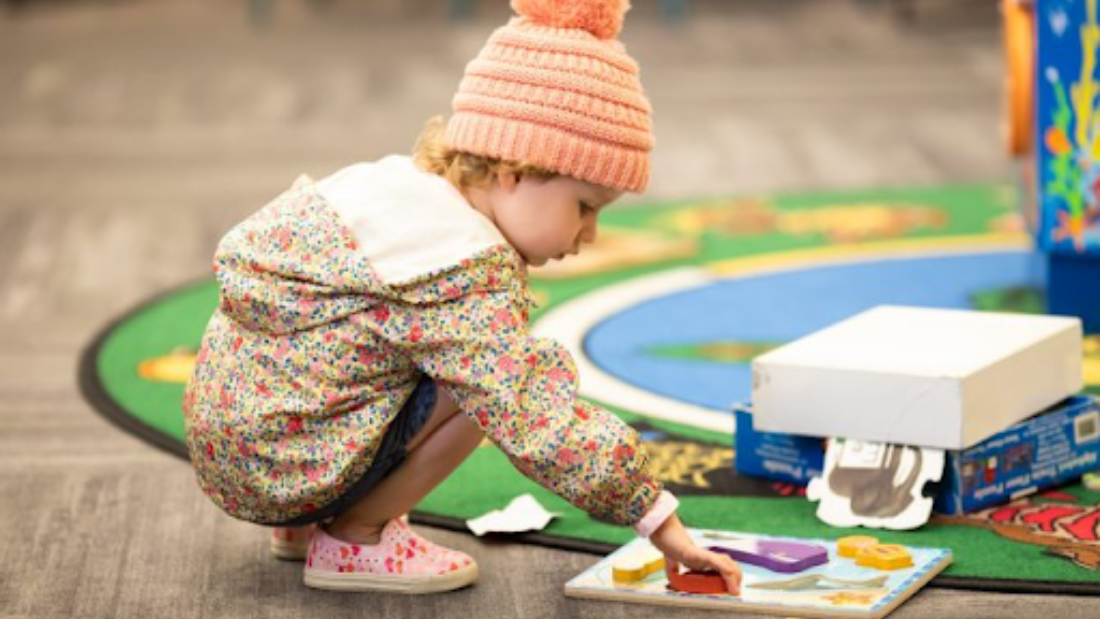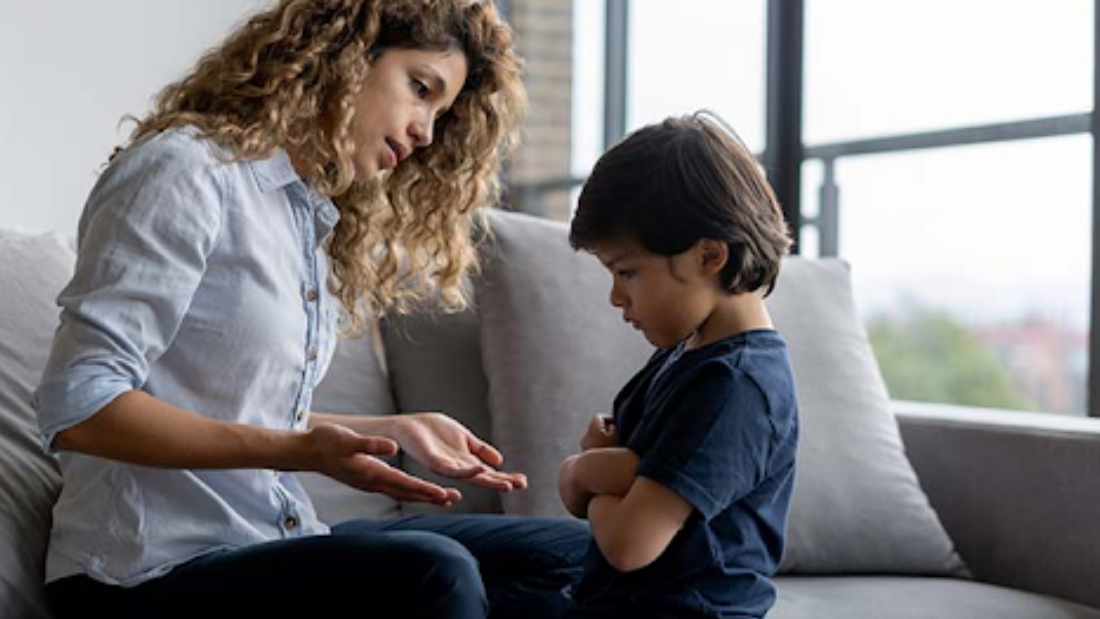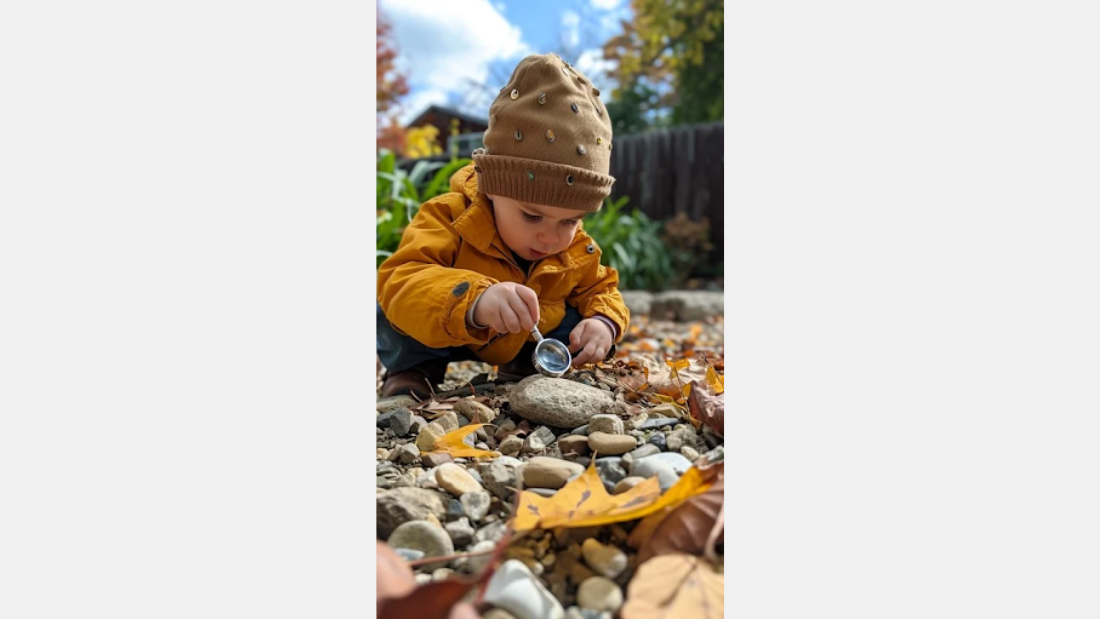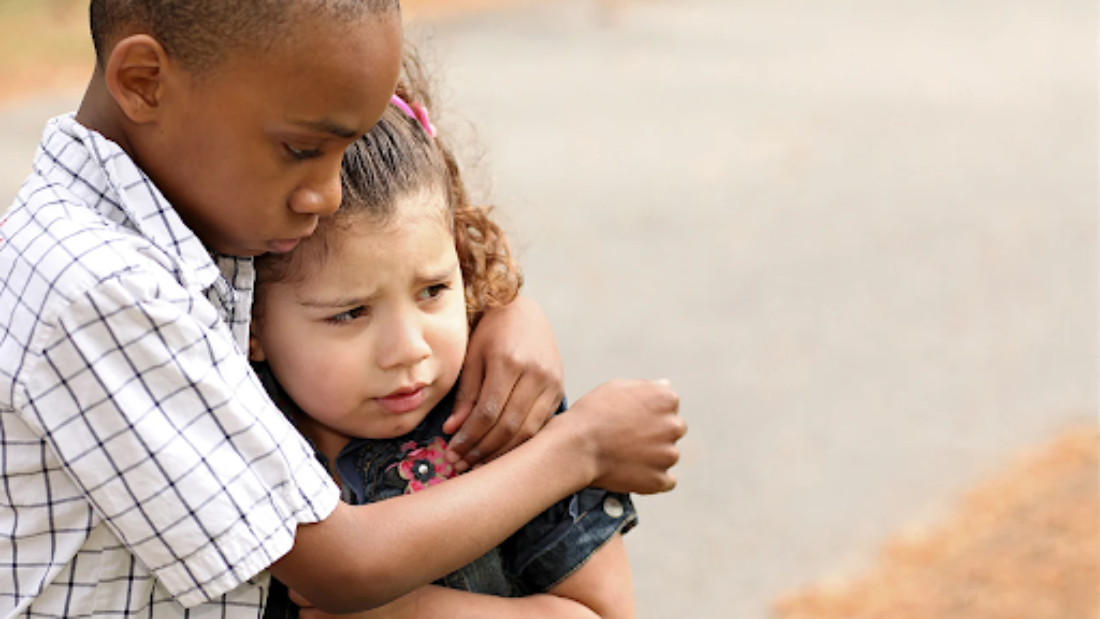As the holy month of Ramadan approaches, I find myself filled with excitement and a touch of nostalgia. This sacred time is not just about fasting and prayer; it’s an opportunity for families like ours to come together and reinforce the values that lie at the heart of our faith. I often reflect on how I can create meaningful experiences for my children, ensuring they appreciate and understand the essence of this month
One of the most significant lessons Ramadan teaches us is the value of empathy. As we fast from dawn until sunset, I make it a point to remind my children that there are many who struggle with hunger daily. To drive this lesson home, we’ve adopted a family tradition of preparing food packages for those in need. Seeing my children excitedly help fill bags with non-perishable items not only fosters a sense of gratitude but also instills a caring spirit that I hope will stay with them for life.
Another meaningful practice involves nightly family gatherings at iftar. We invite relatives and friends, creating a warm and inclusive atmosphere. I watch my children light up as they bond over shared meals, experiencing first-hand the joy of community. This ritual reminds us of the importance of connection and support. I often see my kids engaging with our guests, asking questions about their experiences and traditions, and that fuels their understanding of our shared values.
Creating a Ramadan calendar has also been a game-changer for us. Each day, we mark special activities, such as reading a story from the Quran, working on a charitable project, or simply sharing what we are grateful for. This visual representation not only builds anticipation but helps my children see the various facets of this holy month beyond fasting
Lastly, I believe it’s vital to celebrate the end of Ramadan with a bang! Preparing for Eid is a family affair in our home. We decorate, bake cookies, and shop for new clothes together. These activities help create lasting memories while reinforcing the spirit of giving and joy that comes with the celebration.
By engaging my children in these practices, I’ve noticed their understanding of Ramadan deepening each year. While it’s easy to feel overwhelmed at times, I’ve learned that creating a meaningful Ramadan experience is about fostering connections, cherishing our traditions, and nurturing the values we hold dear. As we honor this rich heritage together, I find comfort knowing our family will carry these lessons into the future.










